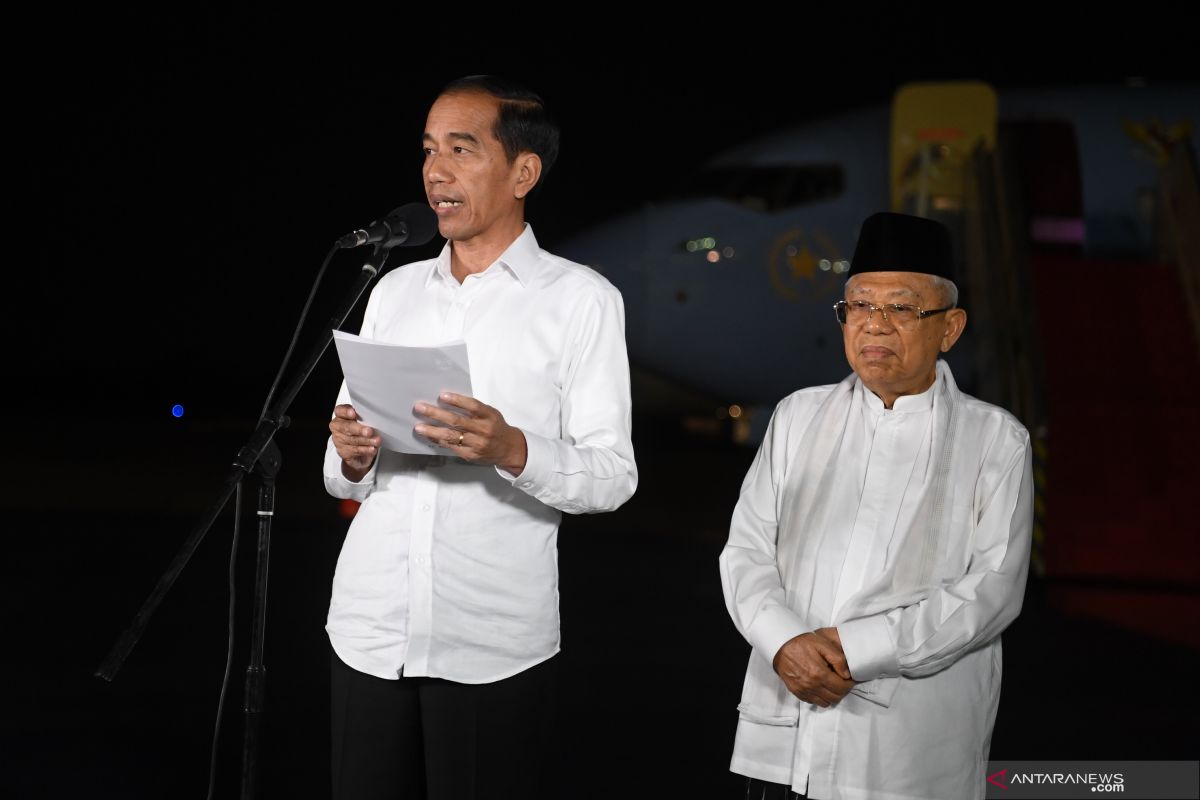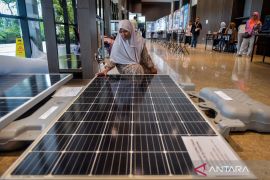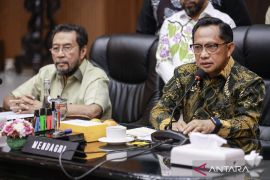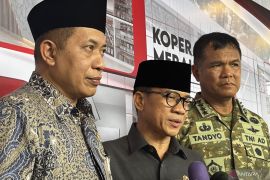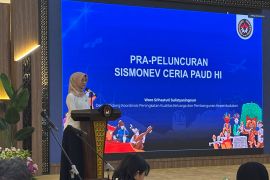A study conducted by the S&P showed that the increase in investment grade status rating was partly due to the support of government debt ratios that were viewed as being under control coupled with good fiscal budget management.
From a fiscal perspective, it is stated that the Government debt ratio is estimated to be stable for the next few years or is expected to remain below 30 percent along with the maintenance of fiscal deficits and GDP growth.
In addition, S&P revealed that on average, in the past decade, Indonesia's real per capita income grew by 4.1 percent. This figure is higher than equivalent economic nations that recorded an average of 2.2 percent.
In conclusion, it was also stated that the Indonesian economy grew better than other countries that had the same income level.
Thus, according to the S&P, it shows that the government policy has effectively supported sustainable public financing and balanced economic growth.
It cannot be denied that the increase in investment rating will have a positive impact on the entry of investment into the country, but the government had yet to fix several matters.
Revised DNI
Indra Krishnamurti, the Center for Indonesian Policy Studies (CIPS) researcher, stated that the government's move to reform policies by revising the Negative Investment List (DNI) is expected to attract more investors to Indonesia.
"Increasing investment attractiveness of the nation is deemed crucial, so that investors entrust their capital to grow and develop in Indonesia," Krishnamurti affirmed.
Krishnamurti pointed out that currently, the government still needs to reconsider revising the DNI since he believes that owing to some sectors, foreign investment is still not allowed on grounds of protecting domestic businesses.
However, he stated that the protection was not considered optimal, thereby necessitating domestic business actors to develop.
"If indeed the policy is unpopular, the revision of this DNI also should be supported by temporary policies, including subsidies, financial capital assistance, as well as training and workshops that are affordable, with the aim of helping domestic businesses," he stated.
In fact, he believes that revising the DNI and also focusing on improving business convenience will be able to attract investment into Indonesia, whose economy is viewed as being affected by the United States-China trade war and also global economic uncertainty.
Related news: DNI relaxation expected to boost investment
Regional incentives
Following a working meeting with the House of Representatives' Commission XI in Jakarta, June 17, Finance Minister Sri Mulyani revealed that her party was contemplating on providing incentives for regions that were able to improve development indicators so as to boost investment interest.
She said that the government will consider providing incentives for regions that could really improve their investment climate, so that the areas bear witness to increased investment and exports.
The regions need to meet the specified development indicators in order to be able to obtain investment, one of which is an indicator of their regional governance.
She noted that the urgency of increasing interest to improve the investment climate is in line with the government's efforts to create an Online Single Submission (OSS) system, a business licensing system that is integrated electronically with all state ministries or institutions to regional governments in Indonesia.
Hence, the finance minister further remarked that the alignment of the central and regional governments in increasing investment interest could be accelerated by the government by providing incentives to regions that were truly able to encourage investment interest in their regions.
Sri Mulyani stressed that regions eyeing these incentives need to compete to improve the criteria for attracting investment and boost their export performance criteria, so that increased investment can be realized in the area.
Related news: BKPM issues 1,239 business registration numbers daily
10 percent more
On a separate occasion, Head of the Investment and Investment Coordinating Board (BKPM) Thomas Trikasih Lembong expressed optimism that Domestic Investment (PMDN) and Foreign Investment (PMA) would witness double-digit growth, or surpass 10 percent by the end of 2019.
Lembong has forecast that FDI's position in Indonesia will be more positive, based on the fact that the trade war between the United States (US) and China had resulted in some industries relocating their factories from China to other regions.
The BKPM head also remarked that some countries faced problems and challenges in macroeconomic and political stability. In fact, currencies of some countries had dropped by 50 percent.
In the meantime, he pointed to Indonesia's relatively stable macroeconomic and political stability that presents an opportunity for the country to attract investment.
Moreover, this year, the BKPM has targeted the realization of investment to reach Rp792.3 trillion, up from the investment realization of Rp721.3 trillion in 2018.
With optimistic targets and various tips on attracting investment from various related ministries, the second term of President Jokowi's government is also ready to more rapidly bolster the flow of investment into the country.
Related news: BKPM projects double-digit investment growth in 2019
Related news: Indonesia sets higher target of investment in 2019
Editor: Sri Haryati
Copyright © ANTARA 2019
